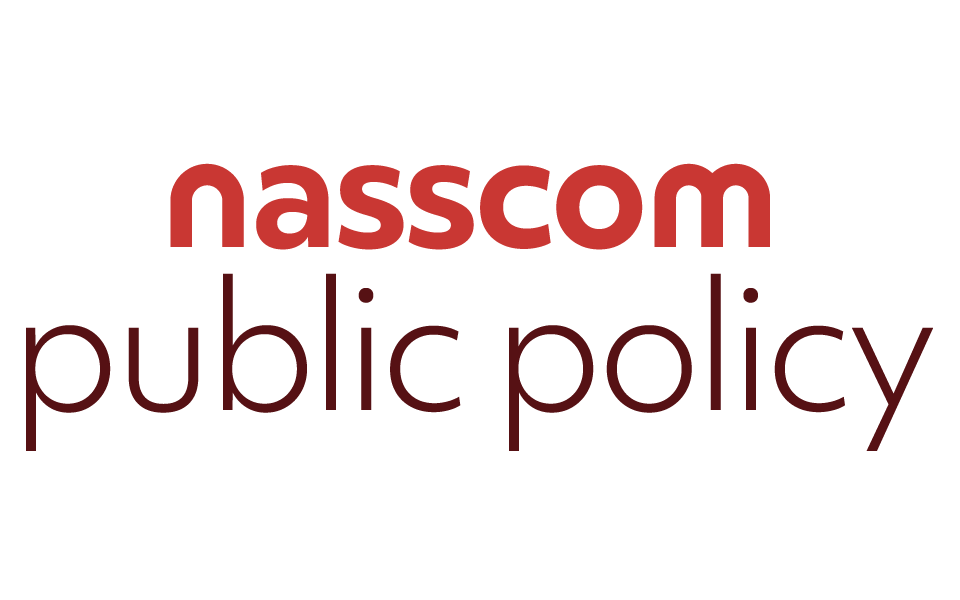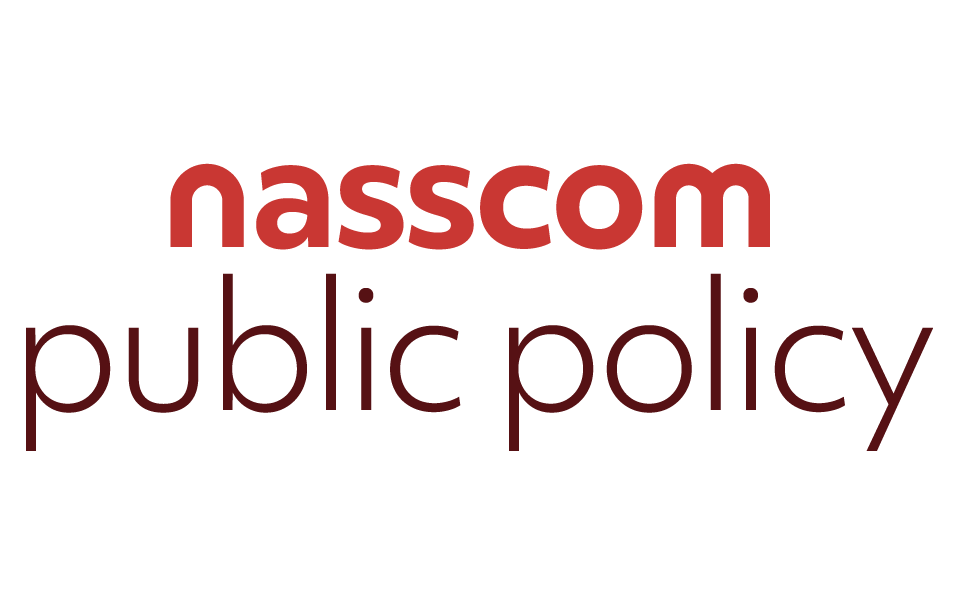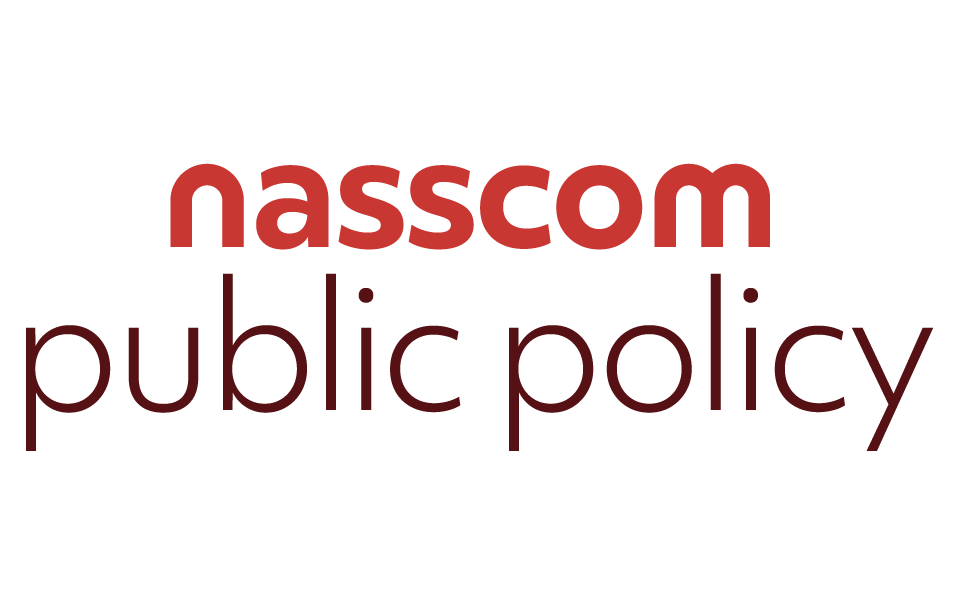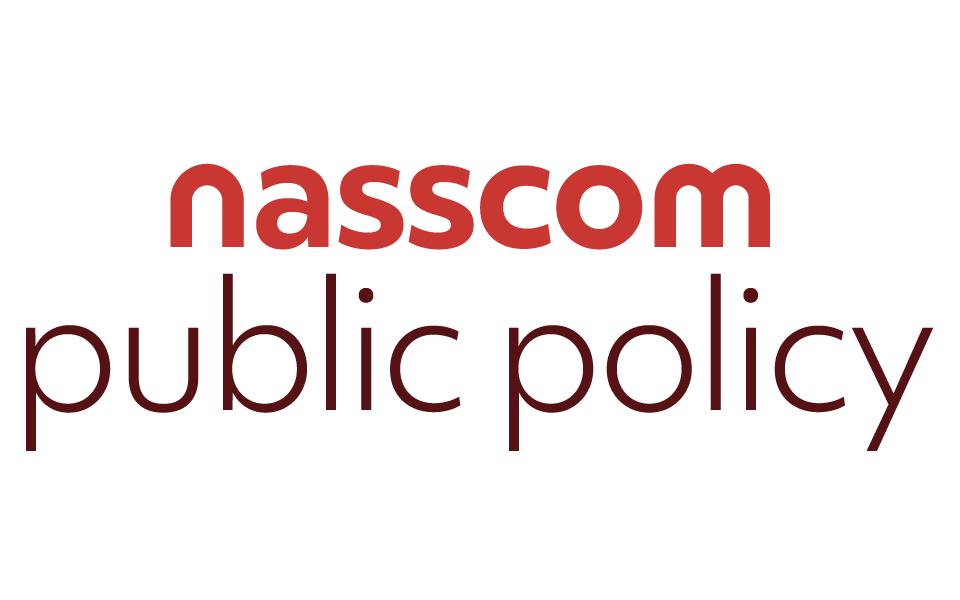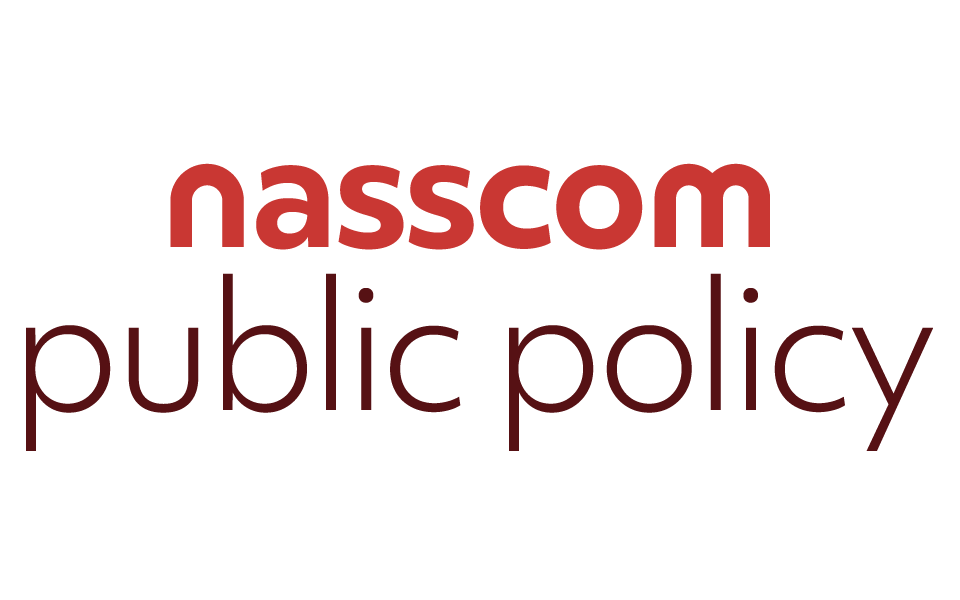- The primary focus areas of Union Budget 2024-25 (Budget) are on generation of employment, skilling, MSMEs, and the middle class.
- India’s economic growth continues. India’s inflation continues to be low, stable and moving towards the 4% target. Core inflation (non-food, non-fuel) currently is 3.1%.
- The Budget proposed formulation of an Economic Policy Framework to delineate the overarching approach to economic development and set the scope of the next generation of reforms for facilitating employment opportunities and sustaining high growth.
- In line with the path of fiscal consolidation announced in 2021-22, the government has been able to lower the fiscal deficit continuously, from 6.4% in FY 2022-23 to 5.6% in FY 2023-24 to the proposed 4.9% in 2024-25 and below 4.5% in 2025-26.
- The Budget highlighted that the Government has successfully used technology for improving productivity and bridging inequality in the economy during the past 10 years and will now step-up adoption of technology towards digitalisation of the economy.
- As nasscom, we are encouraged by the government’s commitment to fostering a supportive environment for the technology industry and boosting investor confidence.
Key wins:
- Making Safe Harbour Regime (SHR) under transfer pricing more attractive - The announcement to expand the scope of safe harbour rules and the streamlining of transfer pricing assessment procedures is a welcome step. This is an important announcement in line with nasscom’s recommendations. We will now be working with the government on the details so that the budget announcement are translated into actual reforms in the safe harbour and transfer pricing framework. Once done, this would make India’s transfer pricing regime more attractive and competitive, boost IT exports and ease business for Global Capability Centres (GCCs) and the IT services industry.
- Abolition of Angel tax provisions - Proposal to abolish angel tax for all classes of investors with effect from Assessment Year (AY) 2025-26. This will create a more nurturing environment for start-ups, potentially leading to increased investment and growth opportunities, boost the entrepreneurial spirit and support innovation. This will also help in facilitating funding and mitigating any potential disputes around valuation. This is in line with our recommendations made to Ministry of Finance over the years.
- Withdrawal of Equalisation Levy (EL)– Proposal to withdraw 2% EL e-commerce supply of goods or services w.e.f 1st August 2024. This move ssuggests India's commitment to the global tax reform efforts led by the OECD. This is in line with our recommendations made to Ministry of Finance over the years.
- Reduction in Tax Deduction at Source (TDS) rate under S. 194-O of Income Tax Act, 1961 (IT Act) – Proposal to reduce TDS rate under S. 194-O on payment made by e-commerce operator to ecommerce participant from 1% to 0.1%. This will help in unblocking working capital of the sellers. This will bring parity with provisions of S. 194Q and 206C(1H) of IT Act. This is in line with our recommendations made to Ministry of Finance over the years.
- Allowing credit of Tax Collection at Source (TCS) against TDS on salary - This is relevant for employees who get shares of their parent organisations under Employees Stock Option Plans (ESOP) and are covered within the ambit of Liberalised Remittance Scheme (LRS). The government recently increased the TCS rate on LRS remittances from 5% to 20% from October 1, 2023 on remittances over ₹7 lakh. Accordingly, TCS on ESOPs covered under LRS can now be adjusted against TDS liability of the employee. This will ease compliance and reduce cash flow issues in the hands of employees. This is in line with our recommendations made to Ministry of Finance.
Other important highlights of Union Budget 2024 are as follows:
Startups
- Venture Capital fund for space sector - Proposal to set up a venture capital fund of INR 1,000 crore to expand the space economy. This will provide the necessary financial resources to foster innovation and expansion in the space sector.
Micro, Small and Medium Enterprises (MSMEs)
- Credit Guarantee Scheme in manufacturing sector – Proposal to set up a credit guarantee scheme in the manufacturing sector. This scheme will facilitate term loans to MSMEs for purchase of machinery and equipment without collateral or third-party guarantee. The scheme will operate on pooling of credit risks of such MSMEs. A separately constituted self-financing guarantee fund will provide, to each applicant, guarantee cover up to INR 100 crore.
- New assessment model for MSME credit - Public sector banks will build their in-house capability to assess MSMEs for credit. The new assessment model will be based on the scoring of digital footprints of MSMEs in the economy, in contrast with the traditional assessment of credit eligibility based only on asset or turnover criteria. The new model will also cover MSMEs without a formal accounting system.
- Credit support during stress period – Proposal to introduce a mechanism for facilitating continuation of bank credit to MSMEs during their stress period. Credit availability will be supported through a guarantee from a government promoted fund.
- Mudra loans – Proposal to enhance the limit of Mudra loans from INR 10 lakh to INR 20 lakh for entrepreneurs who have availed and successfully repaid previous loans under the ‘Tarun’ category.
- Enhanced scope for mandatory onboarding in Trade Receivables Discounting System (TReDS) – Proposal to reduce turnover threshold of buyers for mandatory onboarding on TReDS platform from INR 500 crore to INR 250 crore to bring more companies onto the platform. Medium enterprises will also be included in the scope of the suppliers.
- SIDBI branches in MSME clusters – SIDBI will open new branches to expand its reach in major MSME clusters within 3 years and provide direct credit to them.
- E-Commerce export hubs – Proposal to set up e-commerce export hubs in Public-Private Partnership mode to enable MSMEs and traditional artisans to sell their products in international markets, thereby facilitating trade.
Ease of Doing Business (EoDB)
- Integrated Technology Platform for Insolvency and Bankruptcy (IBC) eco-system – Proposal to set up Integrated Technology Platform for improving outcomes under the IBC.
- Voluntary closure of Limited Liability Partnerships (LLPs) – Proposal to extend the services of Centre for Processing Accelerated Corporate Exit (C-PACE) for voluntary closure of LLPs to reduce the closure time.
- National Company Law Tribunals – Proposal to introduce amendments to the IBC, reforms and strengthening of the tribunal and appellate tribunals to speed up insolvency resolution. Additional tribunals will be established. Some of these will decide cases exclusively under the Companies Act.
- Debt Recovery - Steps for reforming and strengthening debt recovery tribunals will be taken. Additional tribunals will be established to speed up recovery.
- Foreign Direct Investment (FDI) and Overseas Investment – Proposal to simplify rules and regulations for FDI and overseas investments to facilitate FDI and promote opportunities for using Indian Rupee as a currency for overseas investments.
- Jan Vishwas Bill 2.0 - For enhancing EoDB, government is working on Jan Vishwas Bill 2.0. Further, states will be incentivised for implementation of their Business Reforms Action Plans and digitalization.
- Industrial parks – Proposal to set up investment-ready “plug and play" industrial parks in or near 100 cities. Further, there is a proposal to sanction 12 industrial parks under the National Industrial Corridor Development Programme.
Skilling
- New Skilling Programme – Introduction of a centrally sponsored scheme, in collaboration with state governments and industry, for skilling the youth. Under this scheme, 1000 industrial training institutes will be upgraded in hub and spoke arrangements within five years. The content and design of the courses will be aligned to the skill needs of industry. This initiative could potentially increase the pool of skilled labour for the IT industry.
- Skilling for women - Proposal to allocate over INR 3 lakh crore for schemes benefiting women and girls, demonstrating a commitment to enhancing women's role in economic development. There is also a proposal to set up working women hostels in collaboration with industry, establish creches, organize women-specific skilling programs, and promote market access for women Self-Help Group (SHG) enterprises. These initiatives are likely to increase the available skilled female workforce.
- Loans under revised Model Skill Loan Scheme - Proposal to facilitate loans up to INR 7.5 lakh under a revised Model Skill Loan Scheme with a guarantee from a government promoted Fund. This measure is expected to help 25,000 students every year.
- Internship for youths: Budget proposes a scheme for providing internship opportunities to 1 crore youths in 500 top companies in a span of 5 years. This opportunity will come with an internship allowance of Rs 5000 per month along with one-time assistance of Rs 6000. As per the proposal, companies will bear the training cost along with the flexibility to source 10% of annual internship cost from their corporate social responsibility (CSR) funds. For the first time, CSR funds would be utilised towards internship programs which reinforces the government’s commitment towards skill development. Application for the internship will be made through a portal whose details are awaited. For companies, participation in the scheme would remain optional.
Digital Public Infrastructure
- The budget proposed development of Digital Public Infrastructure (DPI) applications at large scale in the areas of credit, e-commerce, education, health, law and justice, logistics, MSME, services delivery, and urban governance. The government in partnership with the states, plans to set up DPI in agriculture for coverage of farmers and their lands in 3 years. To begin with, in the current year, DPI would be used for surveying kharif in 400 districts.
Employment
- E-shram portal – Proposal for integrating e-shram portal with other portals to provide a range of labour-related services, such as mechanism to connect jobseekers with potential employers and skill providers.
- Shram Suvidha and Samadhan Portals - Proposal to revamp Shram Suvidha and Samadhan portals to enhance ease of compliance for industry.
- Schemes for employment linked incentive – Announcement of 3 separate schemes for ‘Employment Linked Incentives” to:
- First timers – Provides for direct benefit transfer of one-month salary in 3 instalments to first-time employees in all formal sectors, up to INR 15,000. This will apply only to employees who have newly entered the workforce (EPFO) with a wage/salary less than ₹1 lakh per month.
Other conditions - Employee must undergo compulsory online Financial Literacy course before claiming the second instalment. Subsidy will be refunded by employer if employment ends within 12 months of recruitment. Scheme will be valid for 2 years.
- Job Creation in manufacturing - Provide incentive, at a specified scale, to both the employee and employer with respect to their EPFO contributions in the first 4 years of employment.
- Eligibility criteria for employers - Corporate or non-corporate entities with 3-year track record of EPFO contribution and have hired at least 50 non-EPFO enrolled workers or 25% of the baseline (previous year’s number of EPFO employees), whichever is lower.
- Eligibility criteria for employees – Employees must be directly working in the entity paying salary/wage, have wage/salary of up to INR 1 lakh per month.
Other conditions - For those with wages/salary greater than INR 25,000/month, incentive will be calculated at INR 25,000/month. Subsidy will be refunded by employer if employment ends within 12 months of recruitment. Scheme will be valid for 2 years.
- Support to employers – Reimbursement to employers up to INR 3,000 per month for 2 years towards their EPFO contribution for each additional employee. The scheme would be applicable to employers when there is an addition with less than 50 employees.
- Eligibility criteria for employers – Applicable to employers who increase employment above the baseline by at least two employees (for those with less than 50 employees) or 5 employees (for those with 50 or more employees) and sustains the higher level.
- Eligibility criteria for employees – Employees having salary up to INR 1 lakh per month, and are not already availing benefits under Scheme B.
Other conditions – For two years Government will reimburse EPFO employer contribution up to INR 3,000 per month to the employer for additional employees hired in previous year. employer Scheme will be valid for 2 years.
Green energy
- Energy Transition – Proposal to formulate a policy document for overseeing energy transition and achievement of net zero objectives.
- Climate Finance – Development of taxonomy for climate finance for enhancing the availability of capital for climate adaptation and migration.
Digital Personal Data Governance as per Digital Personal Data Protection (DPDP) Act in FY 2024-25
The Outcome Budget 2024-2025 document states the plan of the Government for Notification of Rules under DPDP Act, 2023 and for the establishment of the Data Protection Board (DPB), including setting-up of Digital Office for the Board and provides for the financial outlay for the same. This is a positive development for strengthening digital personal data protection.
Transfer Pricing
- Reference to Transfer Pricing Officer (TPO) - Proposal to amend S. 92CA(2A) and (2B) to enable the TPO to deal with Specified Domestic Transactions which have not been referred to him by the Assessing officer and/or in whose respect audit report under S. 92CE has not been filed.
- Introduction of Direct Tax Vivad se Vishwas Scheme, 2024 - Keeping in view the success of previous Vivaad Se Vishwas Act, 2020 and the mounting pendency of appeals at CIT(A) level, budget proposes to introduce Direct Tax Vivad se Vishwas Scheme, 2024 to provide a mechanism for settlement of disputed issues, thereby reducing litigation without much cost to the exchequer.
- Limitation on interest deduction in certain cases – S. 94B of IT Act provides a restriction on deduction of interest expense in respect of any debt issued by a non-resident, being an associated enterprise of the borrower.
- At present, the provisions of this section do not apply to Indian companies or permanent establishments of foreign companies which are engaged in the business of banking or insurance, or such class of non-banking financial companies as may be notified by the Central Government. It is now proposed that the provisions of this section shall not apply to finance companies, located in IFSC.
Corporate tax
- Reduction in corporate tax rate for companies other than domestic companies from 40% to 35% for AY 2025-26 – This clearly indicates the intention of the Government to provide more competitive tax regime for foreign players directly undertaking business activities in India.
- Proposal to undertake comprehensive review of income tax law. Focus will be on making the legislation more concise, lucid and ensure ease of reading and understanding. The revamp of the Income-tax Act will help in providing certainty to taxpayers.
- No directional announcement with respect to BEPS Pillar 2 roadmap for India. It is likely that the Government will come up with draft legislation in the coming months in this regard.
- Rationalisation of TDS/ TCS provisions
- Proposal to introduce a time limit of 6 years from end of FY or 2 years from end of FY in which correction statement is delivered for orders deeming any person (both resident and non-resident) to be assessee in default. This will provide certainty of timeline for possible tax disputes in case of non/ short deduction of taxes with respect to payments to non-residents.
-
- Proposal to provide immunity from prosecution proceedings in case of delay in payment of TDS if the payment of TDS in respect of a quarter has been made up to the time prescribed for filing the TDS return for such quarter.
- Proposal to reduce timeline given under S. 271H(3) from 1 year to 1 month for non-levy of penalty where assessee files TDS/ TCS return after due date but after adequate deposit of TDS/ TCS along with fees and interest.
-
- Proposal to reduce TDS rate on brokerage and commission under S. 194H from 5% to 2%
-
- Proposal to explicitly clarify that any sum covered by S. 194J does not constitute “work” for the purposes of TDS under S. 194C.
-
- Proposal to introduce an option to seek lower withholding tax certificate under S. 194Q as well as lower tax collection certificate under S. 206C(1H).
- Proposal to abolish buyback tax under S. 115QA on buy-back of shares on or after 1st October, 2024.
- Amount paid by domestic company for purchase of its own shares in accordance with S. 68 of Companies Act, 2013 proposed to be treated as dividend for shareholders and charged to tax at applicable rates.
- Proposal for not allowing any deduction of expenses against such dividend income while determining the income from other sources.
- The value of consideration of shares under buy-back (for purposes of computing capital loss) proposed to be considered as nil.
This could act as a dampener for the industry as the shareholders may have to suffer immediate taxation at applicable rate on dividend on the entire amount repatriated with no visibility of setting off capital loss against potential capital gains in future.
Capital gains taxation
- Long Term Capital Gains (LTCG) rate proposed to be changed to 12.5% for all category of assets. With rationalisation of rate to 12.5%, indexation benefit available under second proviso to S. 48 is proposed to be removed for calculation of any LTCG presently available for property, gold and other unlisted assets
- Previous exemption limit of INR 1 lakh proposed to be increased to INR 1.25 lakh on LTCG on STT paid equity shares, units of equity oriented mutual fund and business trust
- Short Term Capital Gains (STCG) on STT paid equity shares proposed to be increased to 20% from 15%
- For determination of whether the capital gains are STCG or LTCG, period of holding proposed to be considered as follows:
- For all listed securities (including units of listed business trust and listed equity shares)- 12 months
- For all other assets (including bonds, debentures, gold, unlisted shares and immovable property)- 24 months.
- Changes to capital gains tax regime proposed to be applicable from 23 July 2024 itself, unless any other specific timeline proposed
- Unlisted debentures and unlisted bonds transferred/matured/redeemed on or after 23 July 2024 proposed to be brought under S. 50AA, i.e., taxable as STCG.
- Proposal that corporate gifts no longer exempt under S. 47 with effect from AY 2025-26 and the said exemption from capital gains proposed to be restricted only to gifts from individuals and HUFs
- The rates of STT on sale of an option in securities proposed to be increased from 0.0625% to 0.1% of the option premium, and on sale of a futures in securities from 0.0125% to 0.02% of the price at which such “futures” are traded.
Tax certainty and Dispute resolution
- Time limit for initiating reassessment proceedings proposed to be reduced from 10 years to 5 years and 3 months for income escaping INR 50 lakhs or more. For other cases, time limit extended from 3 years to 3 years and 3 months
- To clear backlog of cases pending at CIT(A) level, Budget proposed appointment of more officers to hear and decide cases, specifically those with large tax effect. However, no specific amendment proposed in the budget to this extent.
- Proposal that CIT(A) may remand back the matter to AO in case of best judgement assessment under S. 144. This has been done to provide opportunity to taxpayers to provide all information to AO for concluding assessment.
- Proposal for enhancements of monetary limits for tax impact for filing of appeals by revenue from INR 50 lakhs, INR 1 crore, INR 2 crores to INR 60 lakhs, INR 2 crores, INR 5 crores for ITAT, High Court and Supreme Court respectively.
- While the finance minister announced that rectification and order giving effect will be made faceless, however, there is no amendment proposed to this effect in the Finance Bill. Announcement in this regard is expected subsequently.
- Amendment proposed in S. 55 to retrospectively clarify the applicability of indexed cost of acquisition as FMV for determining cost base in the case of transfer of unlisted equity shares [acquired before 1 day of February 2018] under offer for sale to the public in an initial public offer. The amendment has been proposed to discourage assesses from taking the position of non- taxability of capital gains by contending indeterminable cost of acquisition.
- Proposal to disallow expenditure incurred for settling proceedings initiated in relation to a contravention under any law for the time being in force as may be notified by Central Government under S. 37 of IT Act.
- Every person who has been allotted permanent account number on the basis of Enrolment ID of Aadhaar application form filed before 1st October 2024, shall intimate his Aadhaar number on or before a notified date. Further, facility of quoting of the Enrolment ID of Aadhaar application in PAN application form proposed to be discontinued.
- Penalty proposed to be levied for failure to file form 49C by LO within prescribed time and the time limit for filing form 49C to be introduced in Income-tax Rules, 1962.
- Under S. 245(2), it is proposed that assessing officer may withhold refund where assessment or reassessment are pending by merely recording reasons in writing and with the previous approval of the Principal Commissioner of Income-tax or Commissioner of Income-tax and there is no need for him to form an opinion that the grant of refund is likely to adversely affect the revenue. Further, it is proposed that such refund can be withheld up to sixty days from the date on which such assessment or reassessment is made. Furthermore, it is proposed that no additional interest given under section 244A to be granted for such period.
- In order to avoid double deduction on account of income not being included in total income but credit for foreign taxes withheld being taken, it is proposed that the taxes withheld outside India in respect of which an assessee is allowed a credit against the tax payable under the Act should be included for purposes of calculating total income.
Goods and Services Tax (GST)
- Introduction of S. 11A in Central Goods and Services Tax Act, 2017 (CGST Act) and S. 6A in Integrated Goods and Services Tax Act, 2017 (IGST Act):
This empowers the Government to regularise non-levy or short levy of central tax due to any general practice prevalent in trade. Accordingly, the government will now be able to issue Notifications under this provision to regularise levy of central tax (GST) on supplies of goods or services where it acknowledges that a certain practice regarding has been generally prevalent. For e.g., if it is established that a practice existed or exists where central tax was not levied or was levied at a lower rate than required by law.
- Introduction of S. 74A in place of existing S. 73/74 under CGST Act:
- Proposal to introduce S. 74A under CGST Act for determination of tax not paid or short paid or erroneously refunded or input tax credit wrongly availed or utilised for any reason, pertaining to the FY 2024-25 onwards. Also, in consequence, S. 73 and 74 of CGST Act are proposed to be amended to limit the applicability of these sections to demands up to FY 2023-24, since from FY 2024-25 onwards demands are to be ascertained as per provisions of newly inserted S. 74A. Similar changes proposed in IGST Act as well.
- By virtue of this amendment, a common limitation period will apply for issuing demand notices and orders in respect of demands from FY 2024-25 onwards, irrespective of whether the charges of fraud, wilful misstatement, or suppression of facts are invoked or not, while keeping a higher penalty, for cases involving fraud, wilful misstatement, or suppression of facts.
- Also, the time limit for the taxpayers to avail the benefit of reduced penalty, by paying the tax demanded along with interest, is being increased from 30 days to 60 days.
- Proposal to amend S. 17(5) of CGST Act to remove the ITC restriction on tax payments made under S. 74, pursuant to introduction of S. 74A, for FY 2024-25 onwards.
- Amendment to S. 16(4) of CGST Act:
Proposal to introduce sub-sections (5) and (6) in S. 16 of CGST Act to relax the time limit for availing input tax credit as per S. 16(4) of CGST Act to 30 November 2021, retrospectively from 01 July 2017. This covers initial years of implementation as well as cases where returns have been filed after revocation.
- Introduction of amnesty scheme:
- Proposal to introduce S. 128A in CGST Act to provide for a conditional waiver of interest and penalty in respect of demands pertaining for FY 2017-18, 2018-19 and 2019-20, in cases where demand notices have been issued under S. 73 and full tax liability is paid by the taxpayer before a date to be notified.
- Relevant to note that this primarily only covers S. 73 notices/ orders and hence, cases where notices are issued under S. 74 cases will not be covered by the amnesty. Further, in cases where tax liability is suo-moto paid, relief is not available.
- Introduction of S. 70(1A) of CGST Act to allow representation by authorised person:
Proposal to allow an authorised representative to appear on behalf of the summoned person before the proper officer in compliance of summons issued by the said officer.
- Proposed amendment to S. 107 and S. 112 of CGST Act to reduce pre-deposit:
- Proposal to amend S. 107 for reducing pre-deposit amount for filing appeal to Appellate Authority: Maximum pre-deposit to be reduced from INR 50 crores (CGST+SGST) to INR 40 crores (CGST+SGST)
- Proposal to amend S. 112 for reducing pre-deposit amount for filing appeal to Appellate Tribunal: Maximum pre-deposit to be reduced from 20% of disputed tax, subject to maximum INR 100 crores (CGST+SGST) to 10% of disputed tax, subject to maximum INR 40 crores (CGST+SGST). Pre-deposit under S. 112 is in addition to pre-deposit paid under S. 107.
- Amendment to S. 122B of CGST Act
S. 122(1B) of the CGST Act is proposed to be amended to ensure that penalty for non-compliances is only applicable to e-commerce operators who is liable to collect tax at source from a seller under S. 52 of CGST Act.
- Time-limit within which self-invoice for reverse charge transaction is to be issued
- Clause (f) of S. 31 of CGST Act is proposed to be amended to provide for an enabling provision to prescribe the time period within which the invoice has to be issued by the recipient under reverse charge mechanism.
- Further, the proposed amendment also clarifies that a person registered solely for purpose of deducting TDS under S. 51 of CGST Act shall be treated as a person not registered for the purpose of clause (f) of S. 31(3).
Customs:
- Proposal to reduce Basic Custom Duty (BCD) for mobile phones, printed circuit board assembly and mobile chargers from 20% to 15%.
- Various exemptions have been proposed including the exemption for capital goods used in the manufacture of solar panels.
- Notification No. 45/2017-Customs dated 30.6.2017 has been amended to increase the time-period of duty-free re-import of goods (other than those under export promotion schemes) exported under warranty from 3 years to 5 years, further extendable by 2 years.
- Notification No. 153/94-Customs dated 13 July 1994 has been amended to extend the time limit for exports from 6 months to 1 year, further extendable by 1 year, in the case of aircraft and vessels imported for maintenance, repair and overhauling.




